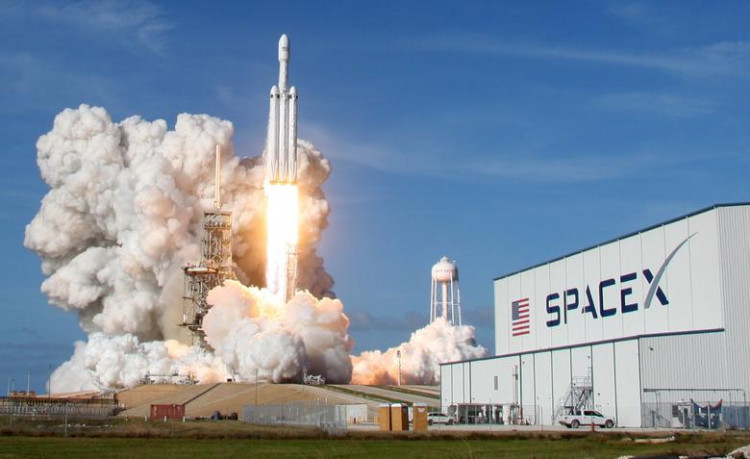According to insider sources cited by The Information on July 18, Elon Musk's space exploration company SpaceX informed investors that it expects its 2023 revenues to hit $8 billion (around 57.2 billion yuan), approximately double that of the previous year.
The sources indicated that after subtracting the costs of manufacturing rockets and satellites, SpaceX's operating profit for this year is predicted to be around $3 billion (approximately 21.45 billion yuan).
Following the announcement of its internal stock sale last week, CNBC reports that the company's valuation has risen to nearly $150 billion. As per the copies of the acquisition offer issued by SpaceX's CFO Bret Johnsen, the company has reached an agreement with both new and existing investors to sell shares worth up to $750 million from insiders at a price of around $81 per share.
This time, SpaceX did not issue new shares or seek capital financing but instead provided existing shareholders with an opportunity to cash in. In April of this year, Musk stated that the company "does not anticipate needing to raise funds" to further support projects like the Starship. Typically, SpaceX carries out secondary financing twice a year, giving employees and other stakeholders an opportunity to sell their shares.
In January of this year, SpaceX raised $750 million in a funding round with the company's shares selling at $77 each, leading to a valuation of $137 billion.
This means that the new acquisition offer indicates a price increase of around 5% from the previous secondary sale price of $77 per share.
Is SpaceX Dominating Global Rocket Launches?
Founded by Musk in 2002, SpaceX's mission is to transport humans to other planets someday. Since then, SpaceX has gradually established a dominant position in the rocket launching business through continuous testing and improvement of its launch vehicles.
SpaceX is also the sole company transporting NASA astronauts to the International Space Station. A few years ago, SpaceX began handling America's national security space flights, ending ULA's monopoly in that sector.
On July 7, according to launch data compiled by astrophysicist Jonathan McDowell, who tracks space activities, SpaceX rockets powered 66% of customer flight missions from U.S. launch sites in 2022. This ratio was 88% for the first six months of this year.
These numbers suggest that SpaceX has effectively established a "monopoly" in the field of rocket launches, including the transport of astronauts and satellite launches. Its flight frequency is unparalleled by its competitors, and its prices are even lower.
As per a report by The Wall Street Journal, former Air Force space operations officer John Holst stated that competitors are currently unable to roll out any products, which has effectively allowed SpaceX to become a monopolistic entity.
In response to this news report, Musk tweeted on Friday:
"The goals of nations and companies are too low, their lack of ambition is their shortcoming. SpaceX's mission is to make life multiplanetary. Even a little success in this direction will lead to better performance in Earth's orbit."






